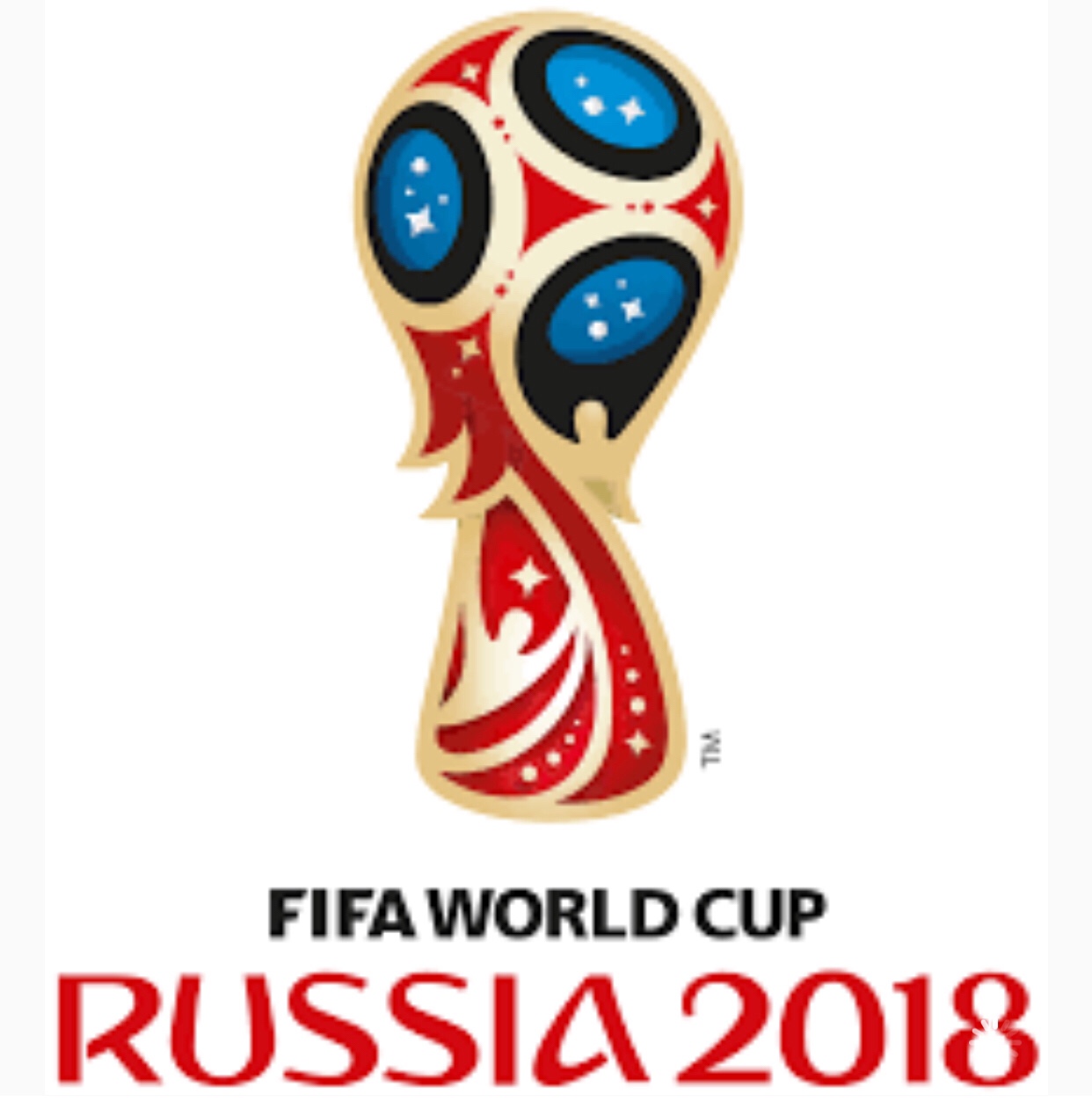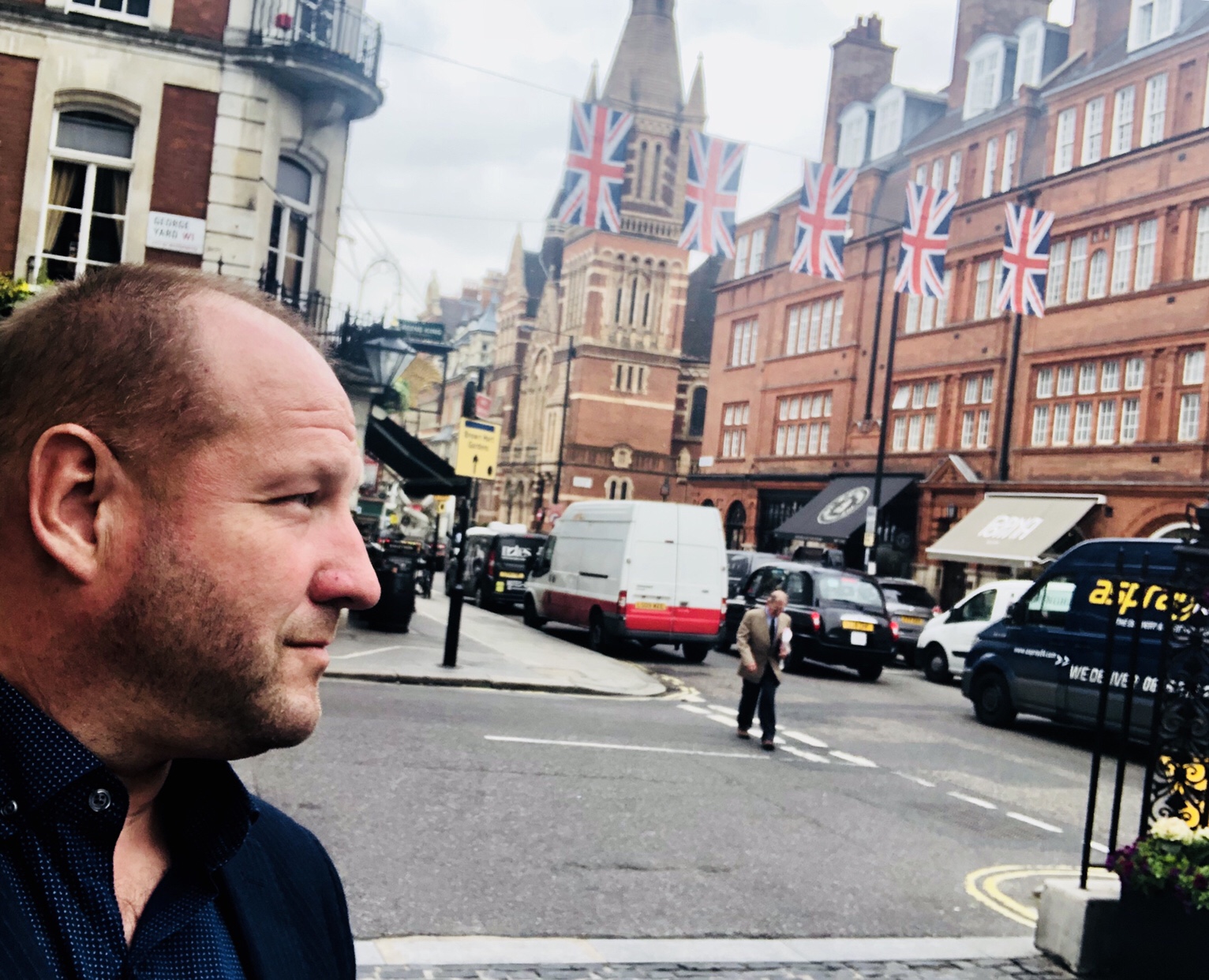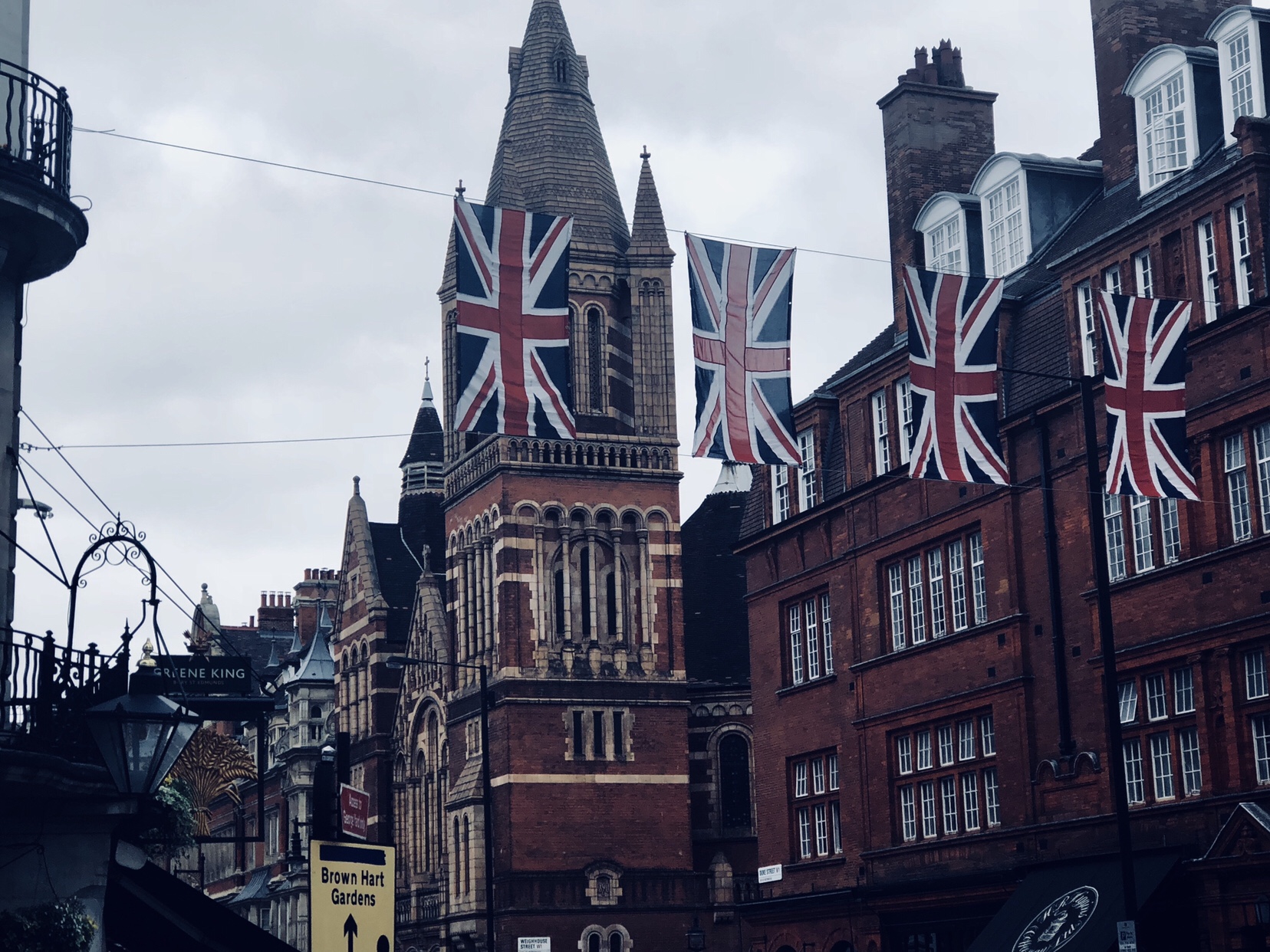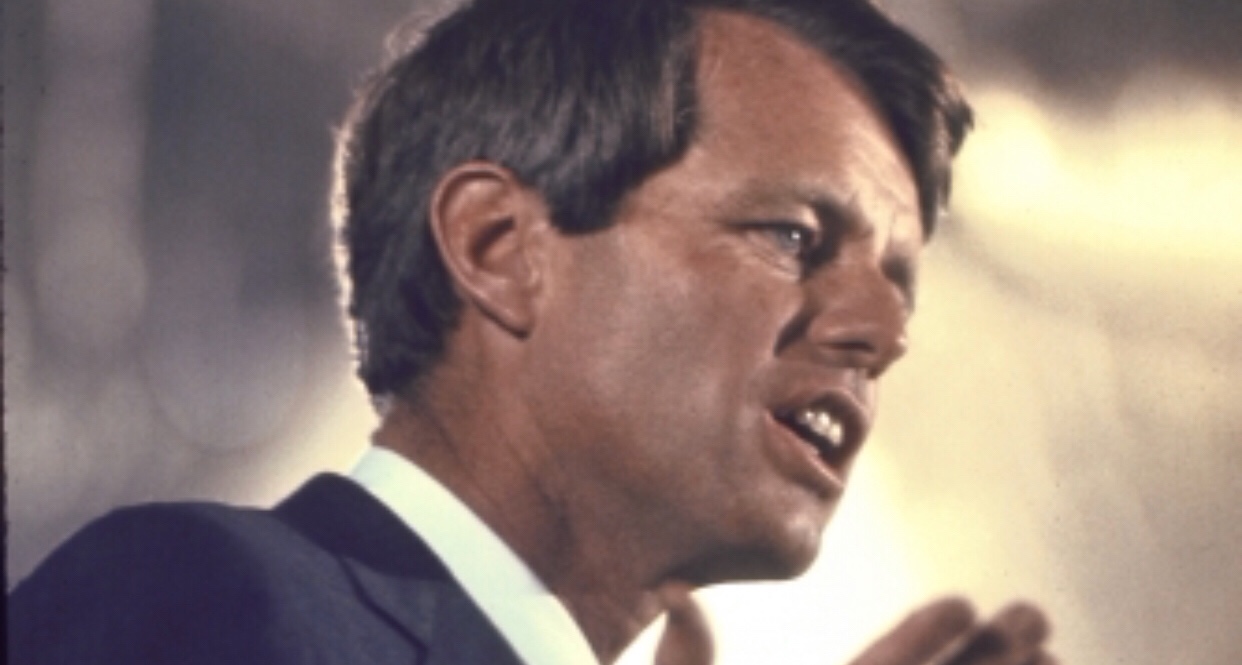Soon the FIFA World Cup in football starts. The 21st Woröd Championship will be played in Russia. This will be a än amazing tournament. From the 14th June to te 15th of July 32 teams will play to win the trophy. So far eight coubtries have won, namely; Brazil (5), Germany (4), Italy (4), Argentina (2), Uruguay (2), France (1), Spain (1) and England (1).

So who will win this time? Most people are sayong, Germany (again). Germany has an amazing team. But. I don’t think they will win this time,

My favourites are as follows:
1. France
2. Brazil
3. Spain
It will be a fantastic summer for all football lovers.
So this week I had another visit to London and to the United Kingdom.
These are times when Customs is on the agenda every day – and as never before in history.
So where is a Customs expert needed more than here right now?

Brexit is a gigantic challenge, there is no doubt about it. But what is still amazing to me is that some important people didn’t know that the Customs, Borders and Trade issues would be a hard nut to crack.
I am also truly intrugued by listening to people that think that all will be the same as before.
Finally it is unbelievable that some people – sometimes that same as above – still believes that borders need to look like they did when we designed the present outer EU border decades ago. Why would we do that? We have moved ahead you know. The world have changed.

What is necessary to realize is that there are some formalities in relation to movement of goods from one Customs territory to another that need to be done. How, where and when – is another story.
This is where the smart border comes into play. It is widely misunderstood that a smart border is about technology – it is not. It is about processing, about doing things before and after, and then use technology to support the process.
Then we have the argument that AEO can’t be of help to the Brexit situation. Because it is not working so well today in UK. It takes long and cost a lot to become an AEO. In addition the benefits are not so many for AEO companies. Well, this is maybe the situation today – but that is not what we are talking about. Nothing could be more wrong. I and other experts talk about a new programme, up to date with developments, in line with best oractices and with the new AEO/Trusted Trader paradigm in place. This is a differnet animal than the one UK operates today,
In fact a new multi-tier Trusted Trader programme, embrasing a new modern AEO concept, is a vital pre-requisite for any feasible post-Brexit border solution. It is something modt countries in the world are ulgrading to regardless of situations like the one we have in Europe around Brexit.
What people don’t understand is that the present EU, and thus the UK AEO programme, is an old legacy system that wasn’t even the most modern when it was introduced a decade ago. The AEO and Trusted Trader programmes that have been designed, built and implemented the last five years have little in common with the EU AEO concept – while still meeting international standards. And what UK needs is still another development level than that. Possible to do in time? Without any doubt.
Finally I am dead tired of those non-experts that claims that smart borders have not been tested. Naturally they have. Anybody saying diffrently do not know what they are talking about.
There are solutions if the two parties want solutions. Is it easy? No, not at all. It is complicated. Will there be a cost? Absolutely. But is it possible? Yes, very much so.
….they took away the “good” Kennedy. Robert F. Kennedy. Bobby.
Robert Kennedy Was assisinated exactly 50 years ago today, on June 6 1968. And something died in all of us. I was four years old and the TV images from the killingnis one of my forst memories. My parents sitting quiet 8000 kilometers away from the murder, watching the news on TV. My mother crying. I remember her words, “they got him too”.

Bobby was the one carrying our hopes. The hopes of a new world, on his shoulders.
When I grew older I read about it and reaöized that Bobby Kennedy was the engine behind his tragedely lost older brother. He was on his way to become President of the United States and nobody will ever know what he could have achieved.
He was the one. The one with the brilliant mind and the ideas.
Bobby Kennedy once said;
“Some men see things as they are, and ask why. I dream of things that never were, and ask why not”
One of my favourite quotes of all times.
Read this brilliant article from Newsweek about Bobby,
WHEN ROBERT F. KENNEDY DIED 50 YEARS AGO, ‘SOMETHING DIED IN ALL OF US, BUT WE KEPT THE FAITH
Source: Newsweek






You must be logged in to post a comment.